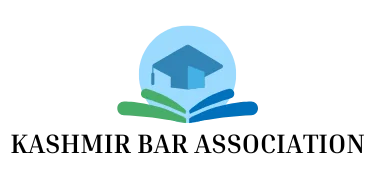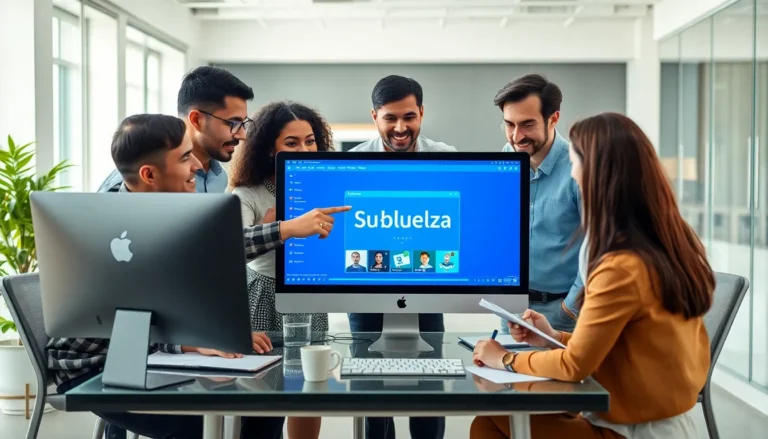Education isn’t just about textbooks and tests; it’s the ultimate ticket to freedom. Imagine a world where knowledge unlocks doors, empowers choices, and fuels dreams. When individuals embrace education, they break free from the chains of ignorance and step into a realm where possibilities are endless.
Table of Contents
ToggleThe Concept of Education Is Freedom
Education serves as a powerful tool that enables individuals to break free from constraints. It offers the knowledge and skills necessary to navigate various challenges in life. Through access to education, people gain the ability to think critically and make informed decisions.
Opportunities arise from educational pursuits, allowing individuals to explore diverse fields. Engaging with different subjects fosters an environment for personal growth. It encourages creativity and innovation, which can lead to societal advancement.
Accessing quality education also promotes social mobility. Individuals from underprivileged backgrounds can improve their circumstances through learning. Educational institutions often provide resources that cater to developing essential competencies, ensuring longevity in professional fields.
Furthermore, educators play a crucial role in shaping this freedom. They inspire and challenge students, pushing them to exceed their limitations. Effective educators cultivate an atmosphere where questioning and exploration are encouraged, enhancing critical thinking.
Educational equity remains a significant issue. Ensuring that everyone has access to the same educational resources is vital for genuine freedom. Governments and organizations are increasingly focused on closing gaps in education, making strides toward this goal.
Ultimately, the essence of education is not merely about acquiring knowledge. It revolves around equipping individuals with the tools necessary to chart their own paths. Empowered through education, people can envision their futures differently and act upon their aspirations.
Historical Context
Education serves as a crucial foundation for freedom, shaping social dynamics throughout history. Its role in fostering social justice and promoting transformative societal values has become increasingly clear.
Education and Social Justice
Education acts as a powerful tool for social justice. It helps bridge gaps between different communities by providing equitable opportunities. Quality education enables marginalized groups to challenge systemic inequalities. Schools implementing inclusive curricula support diverse perspectives. Access to education empowers individuals to advocate for their rights and participate in civic life. Recognizing education as a right enhances efforts toward equality, encouraging societies to ensure that all individuals have the means to succeed.
Influence of Key Thinkers
Key thinkers have significantly influenced the relationship between education and freedom. Figures like Paulo Freire emphasized critical pedagogy, urging learners to question societal norms. His ideas encourage education as a means of liberation rather than oppression. John Dewey advocated for experiential learning, fostering critical thinking essential for democracy. His contributions highlight the importance of an engaged citizenry. Contemporary educators continue to build upon these philosophies, shaping a more equitable educational landscape that promotes freedom and empowers all learners.
Modern Perspectives on Education
Education serves as a catalyst for personal growth and societal change. This transformation begins with individual development.
Impact on Personal Development
Knowledge acquisition enhances self-awareness and critical thinking skills. Enhanced skills foster confidence and decision-making abilities. Opportunities arise through education, creating pathways to diverse experiences. Individuals often find their passions and talents through engaging learning environments. Diverse learning methods, from lectures to hands-on projects, promote creativity and adaptability.
Education as a Tool for Empowerment
Empowerment occurs as education provides individuals with necessary skills and knowledge. Social mobility often results from access to quality education, driving economic progress. Education enables informed decision-making and encourages active participation in civic life. Individuals become advocates for their communities, challenging systemic inequalities. Through education, personal agency is heightened, inspiring others to pursue their goals and aspirations.
Challenges to Educational Freedom
Educational freedom faces significant hurdles that hinder access for many individuals. Various factors contribute to these challenges, including socioeconomic barriers and cultural, institutional obstacles.
Socioeconomic Barriers
Socioeconomic status directly affects educational access and quality. Individuals from low-income families often struggle to afford essential resources such as books, technology, and tutoring services. Lack of funding in underprivileged schools leads to overcrowded classrooms and insufficient materials. Statistics show that students in low-income areas face a 30% higher dropout rate compared to their more affluent peers. Financial instability often requires students to work part-time jobs, limiting their academic focus and participation in extracurricular activities. As a result, the achievement gap continues to widen, impeding social mobility and reinforcing cycles of poverty.
Cultural and Institutional Obstacles
Cultural perceptions can significantly impact educational outcomes. Discrimination and bias within educational institutions often create hostile environments for marginalized groups, affecting their learning experiences. Institutional policies may unintentionally disadvantage certain demographics, leading to unequal opportunities. Research indicates that students from minority backgrounds experience disciplinary actions at disproportionately higher rates, which can lead to higher dropout rates. Support systems are crucial for these students, yet many lack access to mentorship and guidance. Challenging these cultural and institutional barriers is essential for fostering an inclusive educational landscape that promotes true freedom.
Education serves as a powerful catalyst for personal and societal transformation. By breaking down barriers, it opens up a world of opportunities that empower individuals to take control of their lives. The journey toward educational equity remains crucial in ensuring that everyone can access these transformative benefits.
As individuals embrace the knowledge and skills gained through education, they not only enhance their own lives but also contribute to the betterment of their communities. The fight for educational freedom continues to be essential in creating a society where everyone can thrive. Ultimately, education is not just a privilege; it’s a fundamental right that paves the way for a brighter future.


